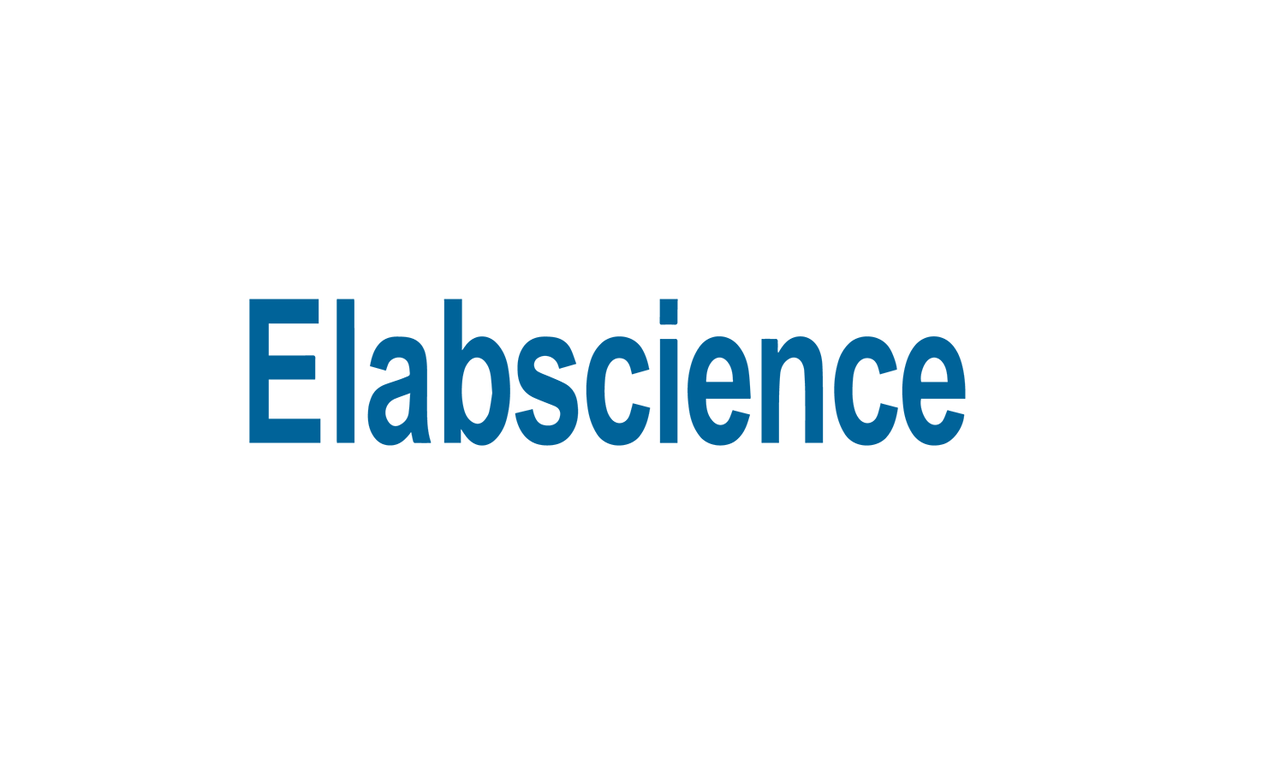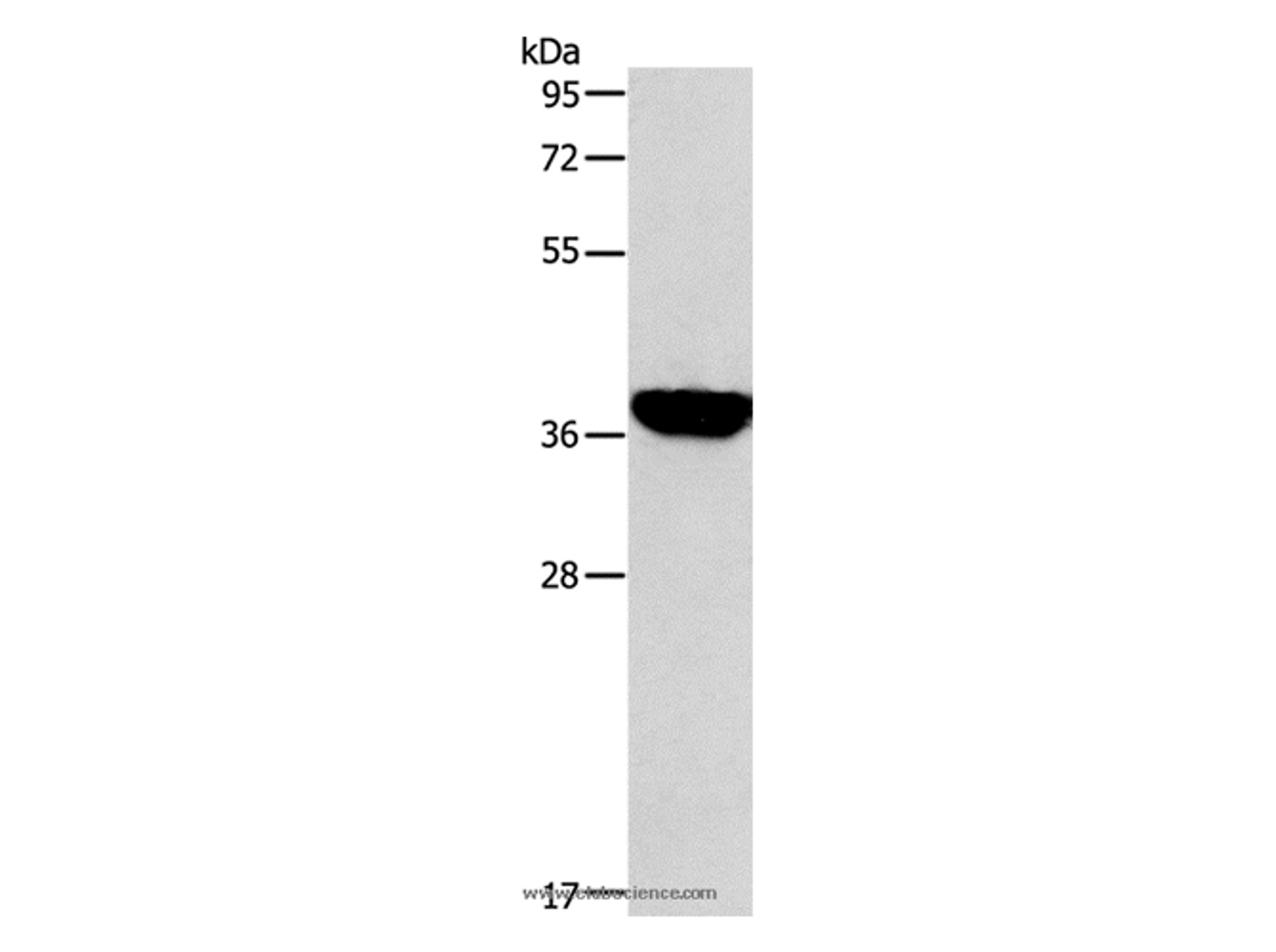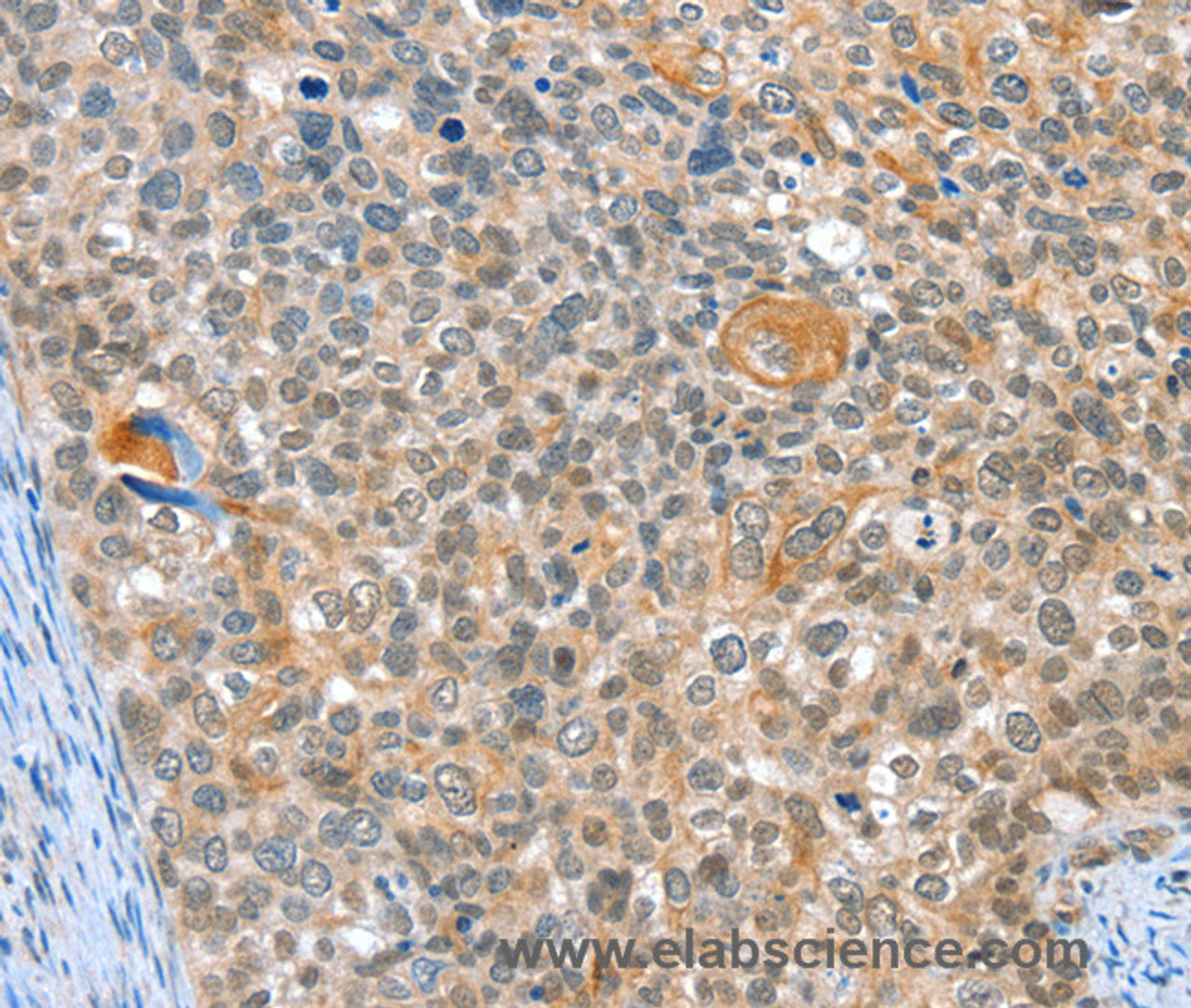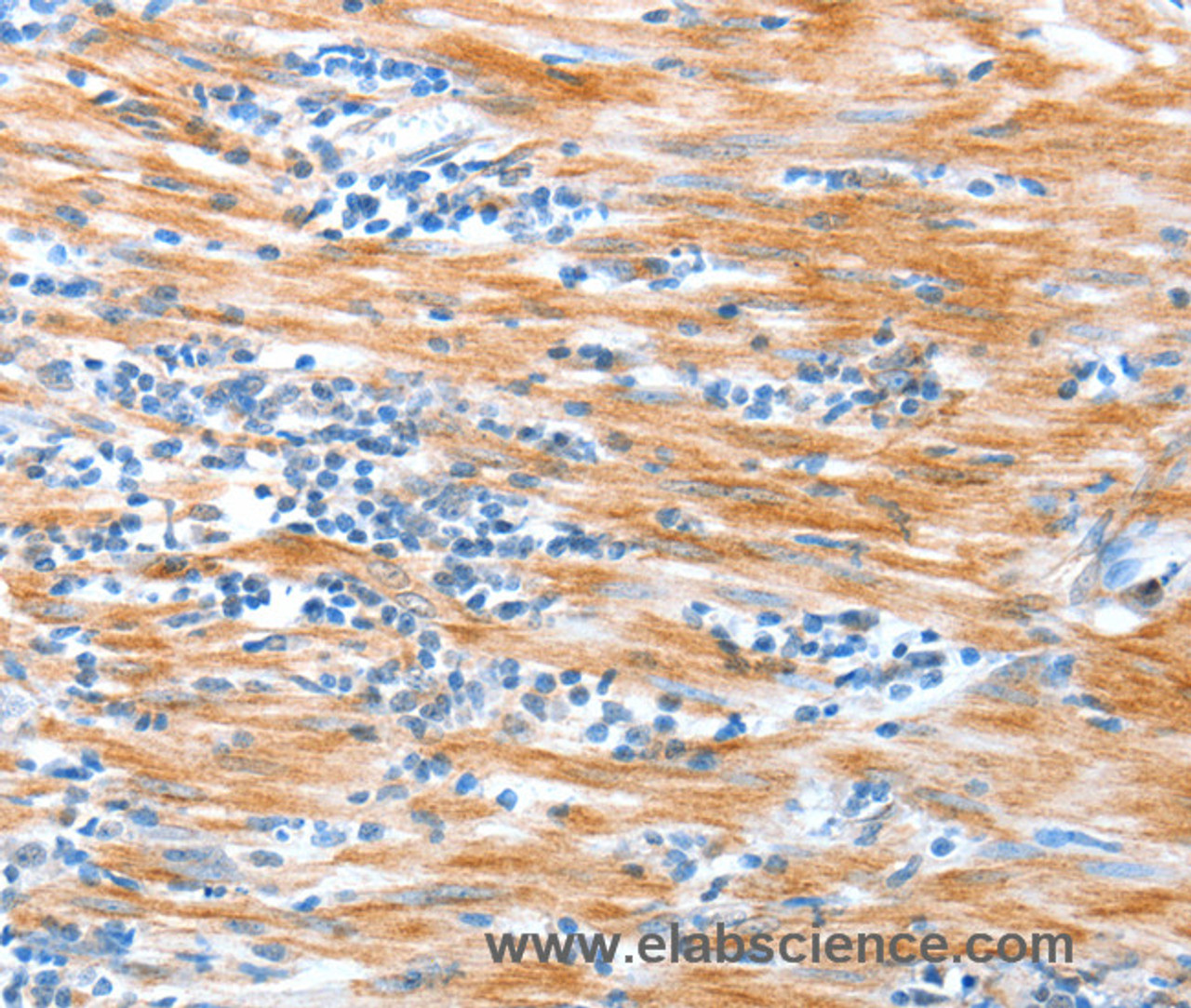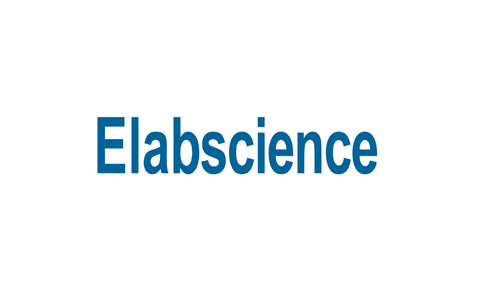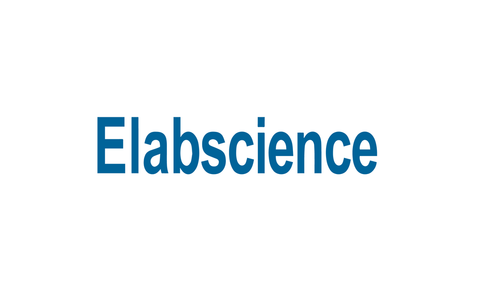Product Description
ALDOB Polyclonal Antibody | E-AB-12963 | Elabscience
Type: Polyclonal Antibody
Synonyms: ALDB, ALDO B, ALDO2, ALDOB, ALDOB, Aldolase 2, Aldolase B, Aldolase B fructose bisphosphate, Aldolase2, AldolaseB, EC 4.1.2.13, Fructose bisphosphate aldolase B, Fructose-bisphosphate aldolase B, Liver type aldolase, Liver-type aldolase, MS1077
Application: WB, IHC, ELISA
Reactivity: Human, Mouse, Rat
Host: Rabbit
Isotype: IgG
Reserch Areas: Cancer, Metabolism, Signal Transduction
Background: Fructose-1, 6-bisphosphate aldolase (EC 4.1.2.13) is a tetrameric glycolytic enzyme that catalyzes the reversible conversion of fructose-1, 6-bisphosphate to glyceraldehyde 3-phosphate and dihydroxyacetone phosphate. Vertebrates have 3 aldolase isozymes which are distinguished by their electrophoretic and catalytic properties. Differences indicate that aldolases A, B, and C are distinct proteins, the products of a family of related 'housekeeping' genes exhibiting developmentally regulated expression of the different isozymes. The developing embryo produces aldolase A, which is produced in even greater amounts in adult muscle where it can be as much as 5% of total cellular protein. In adult liver, kidney and intestine, aldolase A expression is repressed and aldolase B is produced. In brain and other nervous tissue, aldolase A and C are expressed about equally. There is a high degree of homology between aldolase A and C. Defects in ALDOB cause hereditary fructose intolerance.
Concentration: 0.3 mg/mL
Storage: Store at -20°C. Avoid freeze / thaw cycles.
Immunogen: Synthetic peptide of human ALDOB
Buffer: PBS with 0.05% sodium azide and 50% glycerol, PH7.4
Purification Method: Affinity purification
Dilution: WB 1:500-1:2000, IHC 1:50-1:200
Clone: N/A
Conjugation: Unconjugated
Molecular Weight(Calculated): 39 kDa
Molecular Weight(Observed): N/A
 Euro
Euro
 USD
USD
 British Pound
British Pound
 NULL
NULL

